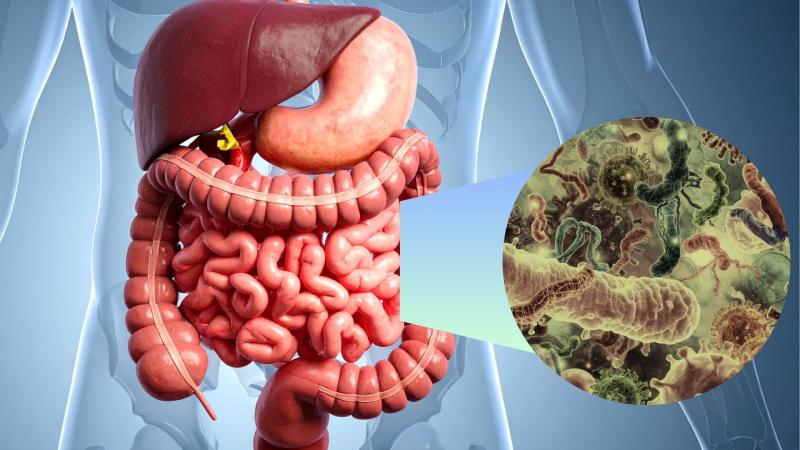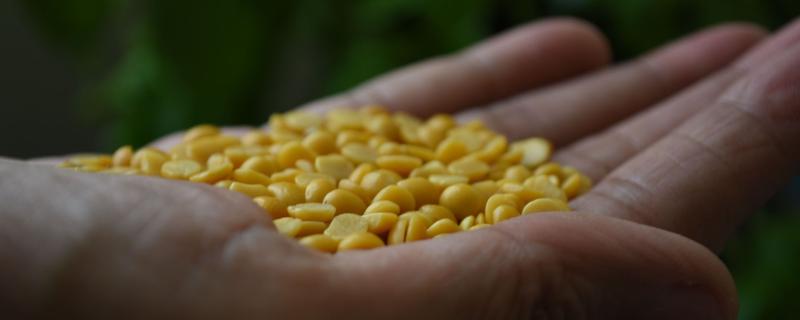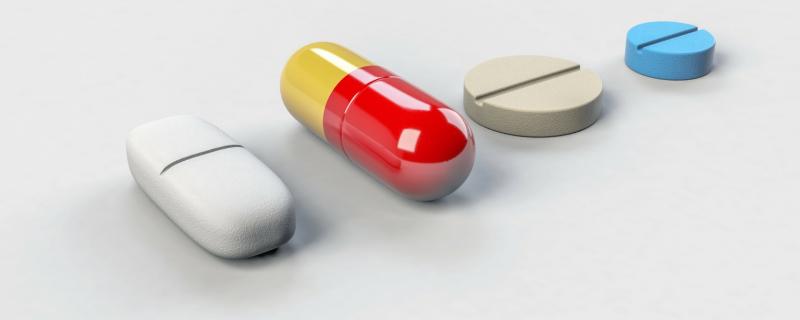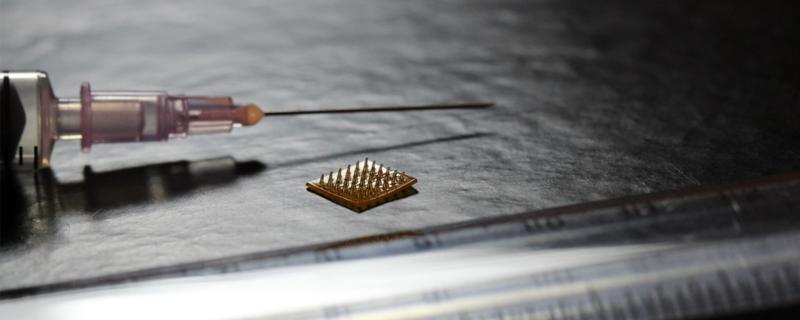Researchers from the CSIR- Institute of Himalayan Bioresource Technology, Palampur, Himachal Pradesh have discovered the presence of a novel cryptic virus tentatively called the Arhar cryptic virus-1 in Pigeonpea plants from pigeonpea field in Telangana state.
Health
Historically silk threads have been used for medical applications like sutures. In modern times silk mats are increasingly being recognized as a promising material for regenerative surgery. Researchers from Karnataka University, Dharwad explore the healing properties of silk mats made from wild species of silkworm Antheraea mylitta or tasar silkworm.
A team of scientists from John Hopkins Bloomberg School of Epidemics, Maryland, USA, Transitional Health Science and Technology, New Delhi, with support from National Center for Disease Control, New Delhi, Indian Public Health Association, World Health Organization, and Bill and Melinda Gates Foundation set up a Cholera Expert Group, to provide the necessary roadmap for control of the disease. The group has studied the endemicity and epidemicity of cholera and identified factors and hotspots of the disease in India.
Scientists from the Indian Institute of Technology (IIT) - Gandhinagar have extensively reviewed how the physical and chemical properties of nano-carriers in drugs can enhance their ability to fight cancer, while at the same time minimize the harm caused to other healthy tissues.
The first of December every year is observed as world AIDS day. It is observed as an effort to unite people world wide in the fight against HIV. The theme for the year 2017 is 'Lets End It', aiming to end the stigma associated with the disease.
Recent study shows that chronic illnesses might be shared with the members of a household. A team of public health professionals from from various universities in India and the USA have studied 2,574 households during 2013 and 2014, to understand the prevalence and stage of diagnosis of five chronic diseases.
Cervical cancer plagues the life of many women around the globe. Sometimes the disease can be caused by an aggravated and repeated infection by the Human papilloma virus (HPV). Researchers from the Cancer Research Program, Rajiv Gandhi Centre for Biotechnology (RGCB) in Kerala, use gene editing molecules rid the virus of the genes, which form a protein that can cause malignancy in humans.
Microbes live with us and among us. They occupy portions of our body and help us perform many daily bodily functions. Scientists call these microbes that live in our body the Human microbiome. In their latest research, scientists from the Centre for DNA Fingerprinting and Diagnostics and Max Planck Institute for Evolutionary Anthropology, Germany, study the salivary microbiome in Indians.
Venkata S. Murthy Gudlavalleti from the Indian Institute of Public Health, Hyderabad has been studying childhood blindness in the country to understand the causes, severity and extent of the disability.
From their first appearance on the academic scene as a tool for dissection to making it into mainstream medicine and cosmetics in the recent years, microneedles have an array of applications. Dr.Venuganti and a team of researchers from the Birla Institute of Technology and Science, Hyderabad and the US Food and Drug Administration, recount the journey microneedles have made through the years and the range of possible applications in the future.









